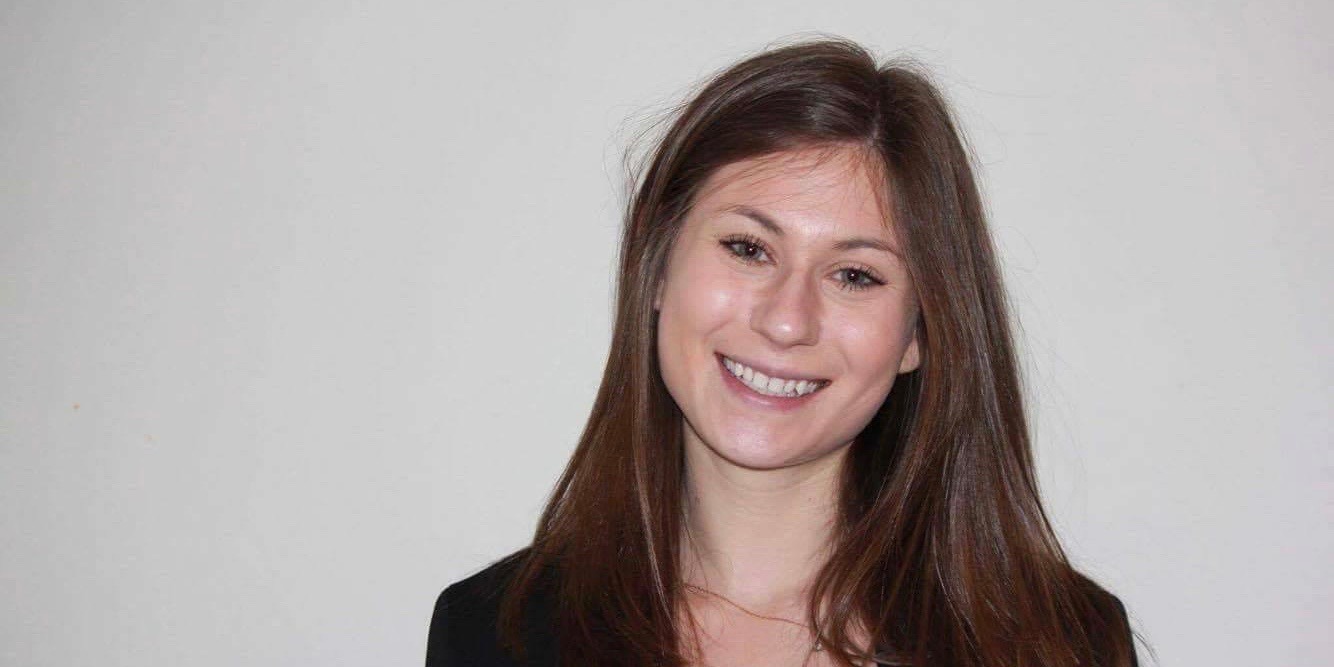“I first became interested in bioengineering through a high school summer volunteer experience in a children’s hospital in Siem Reap, Cambodia. Due to the Khmer Rouge, Cambodia’s healthcare infrastructure was destroyed in the late 70’s and still has not fully recovered. At most hospitals, you would have to bribe doctors to be seen or treated. As I was working in one of the only free children’s hospitals in the country, people would wait in line for days to seek medical treatment. I helped manage these lines and assisted doctors during procedures. I also participated in outreach ventures where we would visit families at their homes. Through this experience, I became interested in global health and found bioengineering as a way to make an impactful difference in this field.
After I joined the Bioengineering program, I began research in Dr. Barry Lutz’s Lab which focuses on developing point-of-care diagnostics for low resource settings. These settings lack trained personnel, equipment, sterile laboratory settings, and even time to perform screening tests that are commonly done in the U.S. The project that I am working on focuses on the detection of HIV drug resistance and viral load at point-of-care. In order to effectively detect mutations conferring drug resistance, an abnormally long sequence of DNA/RNA must be amplified. Isothermal amplification modalities have been performed on shorter sequences but not the length necessary to detect HIV drug resistance. If this project works, more sequencing can be performed in point-of-care settings.
I feel very fortunate to be in a program that promotes hands on learning through research. In a classroom it’s easy to learn merely for a midterm or a homework and then forget everything. In research you have the opportunity to learn in a much more iterative manner and actually retain and build upon your knowledge.
My favorite part of the department is the tight-knit community that the cohort system offers. You become really close with the other students who are your support system through the heavy workload. The professors really care about us and our learning. At times, they push you and stretch you farther than you think you can go, but UW Bioengineering isn’t trying to weed students out. They create an environment for everyone to succeed. When I joined Bioengineering, I stopped focusing on the grades and instead focused on learning, collaborating, and building critical thinking skills.
My advice to students is to remember how lucky we are that our primary job in college is to learn. At times, it’s easy to get bogged down but take time to appreciate the amazing opportunities and resources offered. Bioengineering is multidisciplinary and requires dynamic thinking, so don’t limit your experiences to what you think will look good on a resume or what you think will get you into graduate school or medical school.
After graduation, I am working at the consulting company, Accenture, which will be a change from Bioengineering. I was not considering this field until I talked to two company representatives at a BioEngage event who had engineering backgrounds. I am excited to transfer the critical thinking skills obtained through Bioengineering to a more commercial setting.”



